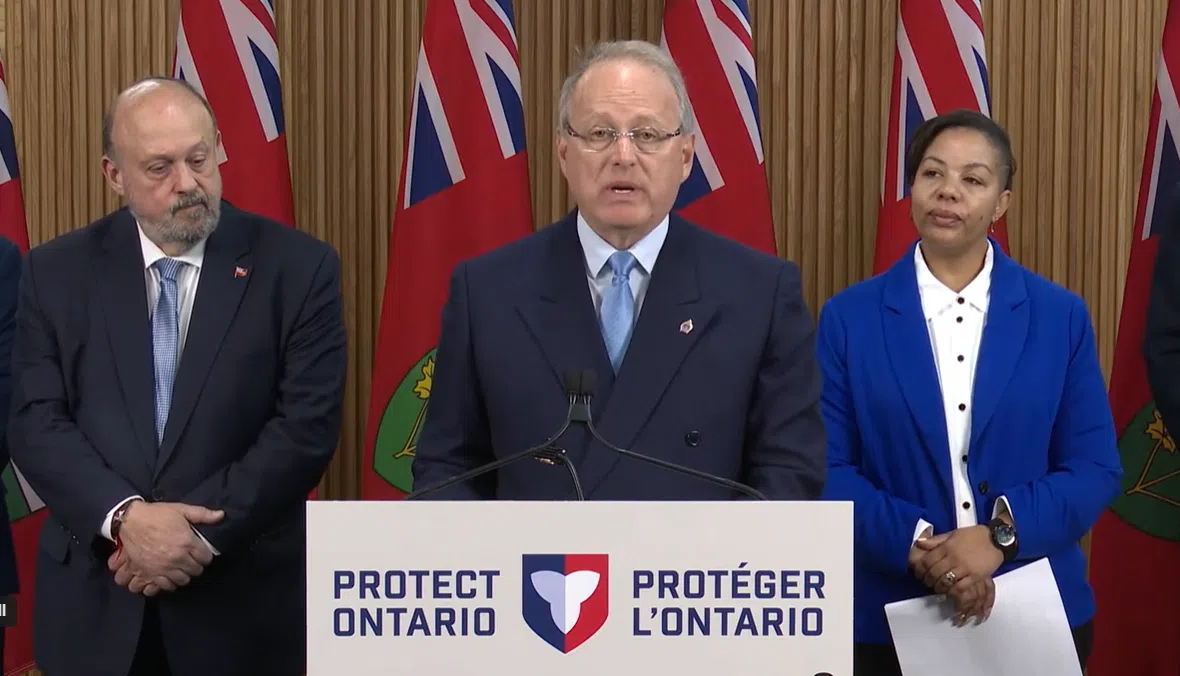A law requiring persons convicted of sexual offences to register with police in Ontario is being expanded.
Any person convicted of a designated sex offence must register with the Sex offender registry.
This also applies to individuals convicted of sex crimes in other provinces or outside Canada.
Associate Attorney General Michael Tibolo says under the proposed legislation, convicted child sex traffickers will also be placed on the registry to be known as the Ontario Sex Offender and Traffickers Registry.
It gives police services access to the information and investigative tools they require to prevent and solve these awful crimes.
“The change we are making will better protect our children and vulnerable by providing police services with access to additional information to prevent, to investigate and to solve these horrific crimes,” says Tibolo.
“And we’re putting these criminals on notice that they will be held to account for their actions. They are simply not going to get away with it.”
The province also plans to enforce a law next year requiring hotel and motel operators to keep a registry of all guests who use their services.
“Which will help to combat human trafficking in hotels and the short-term rental sector. This will provide police with the tools that they need to help investigate human trafficking as they could be more easily obtained,” says Tibolo.
The proposed legislation will also make it easier for someone to seek restraining orders against a family member.
Tibolo says they are also looking at ways that make it easier for creditors to trafficker to recover outstanding debt.
The province is also renewing an anti-human trafficking strategy for another five years that will provide more than $45 million to agencies dedicated to helping victims.
“Our renewed strategy will also continue to protect children and youth from sex trafficking. In the first three years of the previous strategy, service providers help more than 20,000 people affected by human trafficking,” says Charmaine Williams, Association Minister of Women’s Social and Economic Opportunity.
“Renewing our strategy means that even more victims and survivors of human trafficking will get the wraparound supports they need to heal and rebuild their lives.”
Service providers helped more than 20,000 people affected by human trafficking in the first three years of the previous strategy.

